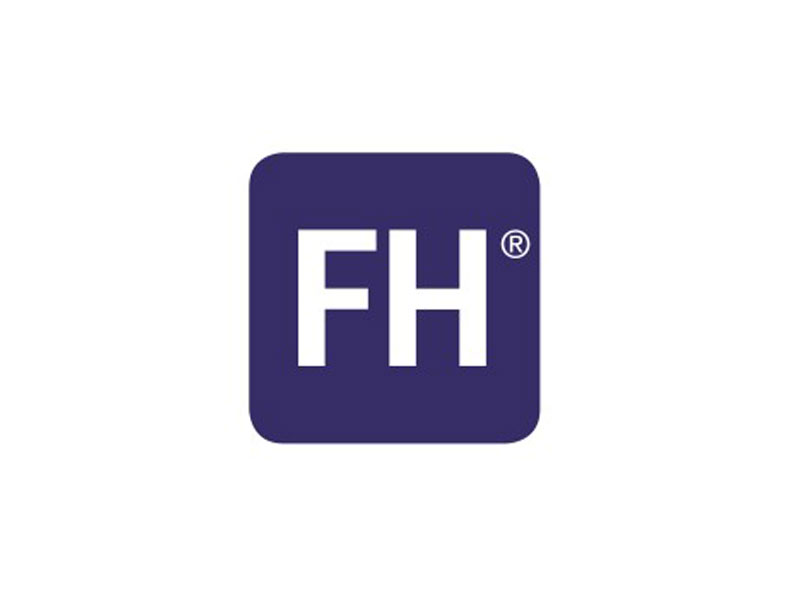FAIR Health has officially announced the launch of a new shared decision-making tool, which is designed to enhance care for Alzheimer’s disease.
According to certain reports, the stated tool arrives on the scene bearing clinical information for self-care and drug therapy options, as well as related cost information. More on that would reveal how the solution in also comes packaged with an educational healthcare cost tool and resources, such as printable checklists and links to websites and organizations that offer relevant information and resources.
Markedly enough, the stated value package is available at no cost whatsoever and it can be accessed through FAIR Health for Older Adults website in a newly created section on Alzheimer’s disease.
To understand the significance of such a development, we must take into account how Alzheimer’s disease includes progressive cognitive impairment and is the most common form of dementia. Considering its high prevalence, the growing financial burden of Alzheimer’s disease care on older patients and their families has made it increasingly important for them to access objective information and reach upon a suitable care plan.
The new Alzheimer’s disease shared decision-making tool, fortunately enough, allows users to enjoy a full view of self-care and drug therapy options and related costs.
Talk about some of the self-care options listed here, they include maintaining a healthy diet, physical exercise, brain exercises, reviewing medications with healthcare providers, and treating other conditions that affect memory and thinking. On top of that, the tool also offers information about three types of drug therapies i.e. cholinesterase inhibitors, memantine, and monoclonal antibodies.
Among other things, we ought to mention how the new Alzheimer’s disease shared decision-making tool will build upon FAIR Health’s suite of existing shared decision-making tools that traverse both clinical and cost information. It also marks major headway in healthcare industry’s bid to offer educational information which can effectively support the 4Ms framework of high-quality, age-friendly care: what matters, medication, mind and mobility.
In essence, by striving to advance what matters to patients and their families, as well as clinical care options that relate to cognition (mind), the new shared decision-making tool can tread up a long distance to inform discussions and facilitate decisions around age-friendly care for Alzheimer’s disease with healthcare providers.
Now, we referred to Total Treatment Cost tool, but what we haven’t yet touched upon is its ability to show the total annual costs of Alzheimer’s disease care and services; printable checklists with helpful tips and questions to ask providers; links to relevant FH® Insurance Basics articles; links to organizations and programs that provide caregiver support; and online tools that help families find services in their areas.
All in all, thanks to these new tools and resources, families can learn more about various care options and related costs.
Financially backed by John A. Hartford Foundation (JAHF), FAIR Health is already working to disburse the new, free Alzheimer’s disease-related tools and resources nationally. This the organization is doing through its ongoing collaborations with four clinical institutions that have achieved Age-Friendly Health Systems recognition. These institutions include the University of Pennsylvania, Ohio State University, the University of Rochester Medical Center and Emory University.
As a part of the given collaborations, clinicians at the Age-Friendly Health Systems sites are using FAIR Health’s suite of shared decision-making and FH Total Treatment Cost tools with older patients and their caregivers in clinical settings.
“Older adults living with Alzheimer’s disease have diverse needs and require comprehensive, age-friendly care and services. FAIR Health’s new shared decision-making tool and related resources will help older patients and their family caregivers learn more about their care options and be empowered to plan for and manage costs,” said Rani E. Snyder, Vice President, Program, at The John A. Hartford Foundation,
Founded in 2009, FAIR Health currently boasts the nation’s largest collection of commercial healthcare claims data, which includes over 49 billion claim records and is growing at a rate of over 3 billion claim records a year. The company, presently, licenses its commercial data and data products, including benchmark modules, data visualizations, custom analytics and market indices, to commercial insurers and self-insurers, employers, providers, and hospitals etc.






